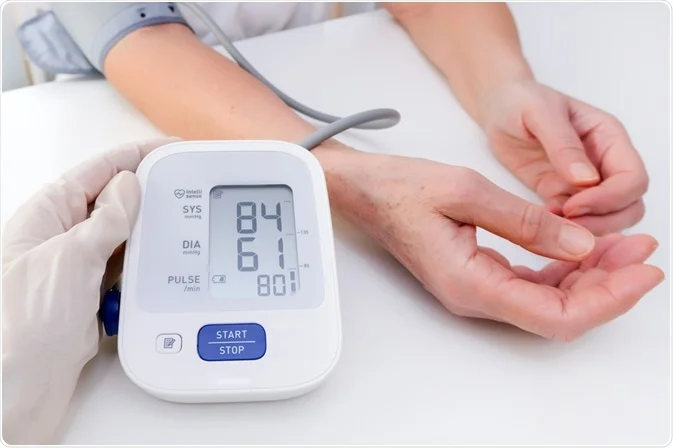Blood pressure, known as BP, is a measurement of the pressure or force of blood within your arteries. When your heart beats, it pushes blood into the arteries, which carry it throughout your body. Your blood pressure is not constant at all times. It varies depending on various things, including your age, drugs, and position, among others. Many people suffer from high blood pressure (hypertension).
On the other hand, hypotension, or low blood pressure, is another condition that certain people frequently experience. This occurs when your blood pressure drops below 90/60 mm Hg, which is the usual range. There are a number of causes for low blood pressure. Dehydration, cardiac issues, and drugs are a few of these factors. You can better control the disease if you recognize the symptoms early. You should be aware of the following signs of low blood pressure.
Dizziness or Lightheadedness
One of the most common signs of low blood pressure is feeling dizzy or lightheaded, especially when standing up quickly. This happens because your body witnesses a sudden drop in blood pressure levels, which reduces the amount of blood flowing to the brain, thereby, causing a sensation of spinning or unsteadiness.
Blurred or Fading Vision
Blurred or fading vision can happen during episodes of hypotension, especially if the blood pressure drops rapidly. Like the brain, the eyes, too, need a constant supply of blood. When your blood pressure levels drop, your eyes might not receive the required oxygen, which leads to visual problems.
Fatigue and Weakness
When you have low blood pressure, it can lead to a persistent feeling of fatigue or muscle weakness. Due to the drop in blood pressure levels, your body’s organs and muscles may not receive enough oxygen and nutrients, leading to feelings of fatigue and exhaustion.
Cold and Pale Skin
When blood pressure drops, the body focuses on sending blood to important organs like the brain and heart. This leads to parts like the skin, hands and feet to become cold and pale. Your skin might also become sweaty or clammy because the body tries to regulate its temperature.
Irregular Heartbeat
The heart may beat faster to maintain circulation when your blood pressure levels drop. This can make your heartbeat feel irregular or too fast. This might be accompanied by short and shallow breaths.
Disclaimer: The article’s advice and recommendations are meant primarily as general information and should not be interpreted as expert medical advice. Before beginning any exercise program or making any dietary changes, always get advice from your doctor or a dietitian.







 Finance
Finance







